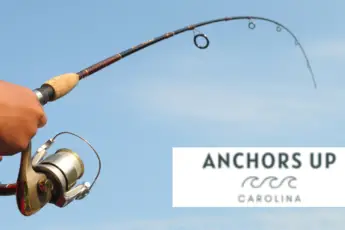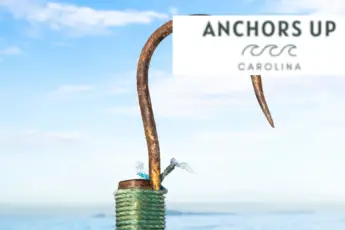Unfortunately, most anglers who have fished on a routine basis have gut hooked a fish or two. I personally have gut hooked numerous fish. While gut hooking is not an issue when they are of legal size and if you plan to keep them. Alternatively, when practicing catch and release, it is an unfortunate situation when a fish is gut hooked. Importantly, the chances of gut hooking can be reduced when being aware of the primary causes. What you need to know about how to avoid gut hooking a fish when using dead or live bait. The same applies to saltwater and freshwater fishing.
What Are The Impacts On A Gut Hooked Fish
Without question, it is best to avoid gut hooking a fish to prevent the risk of long term injury or death.
A hook that has been swallowed by a fish increases the likelihood that it will die as a result of the injury. Swallowed hooks damage gills in addition to internal organs. Importantly, it is essential to identify a gut hooked fish.
To identify a gut hooked fish, glance into the mouth carefully. This is especially the case if the jaws of the fish are lined with teeth.
When you glance into the mouth, a swallowed hook will be either non visible or barely visible. Undoubtedly, you should never pull the hook if it has been swallowed. Unfortunately, anglers cause further injury to the fish, increasing the chances of the fish dying. Instead, cut the line as deep as possible and release the fish back into the water.
I have gut hooked fish on multiple occasions and do my best to trim the line as short as possible. Of course, you don’t want to cut the line in an area that will injure the fish.
How To Avoid Gut Hooking A Fish
Look, you’re not going to be able to avoid gut hooking a fish every time you head out to the water. However, you can take measures to reduce the chances of a fish swallowing your hook. Here are the two best methods to avoid gut hooking fish when using live bait or dead bait.
Fish With Circle Hooks
When it comes to selecting hook styles, the options are endless. However, I can narrow down the best type of hook to significantly reduce the chances of gut hooking a fish.
Without a doubt, a circle hook is the best style hook to reduce your chances of gut hooking. A circle hook is designed to slide up and away from the throat. Instead of being swallowed, the hook moves away from the throat and into the corner of the mouth. Comparatively, a J hook is not designed for a corner of the mouth hookset and, therefore, often becomes swallowed.
Importantly, circle hooks are available in a wide range of sizes. For this reason, you’ll be able to match the proper hook size to the type of fish you are targeting. Lastly, circle hooks are equally as effective when fishing live bait or dead bait.
Keep The Fishing Line Taught
All too often, I have witnessed inexperienced anglers leave a belly of line compared to eliminating unnecessary slack.
Unfortunately, a slacked line is a leading reason why people fishing miss bites. However, it also increases the percentage of gut hooking a fish.
No matter if you’re fishing on the bottom or with a float, reel in the slack whenever the line forms a belly.
Too much slack allows the fish to slowly eat the bait and the hook simultaneously. The additional time between noticing the bite and making hookset results in the fish swallowing the hook. For this reason, it is important to notice the first bite, not after the fish has fully eaten and is running away with your line.
Noticing a bite as it first happens allows you to set the hook before it becomes lodged deep in the throat or stomach. Again, the same applies when live or dead bait fishing.
Make An Effort To Avoid Gut Hooking Fish
Remember, when it comes to how to avoid gut hooking a fish, it is not always possible. Gut hookings will occur from time to time. However, the chances are significantly reduced when holding the line taught and switching to circle hooks. The goal is to reduce fish mortality rates in those that are released. I personally feel bad when a fish is put back in the water belly up. For this reason, I make my best effort to avoid the situation all together.






